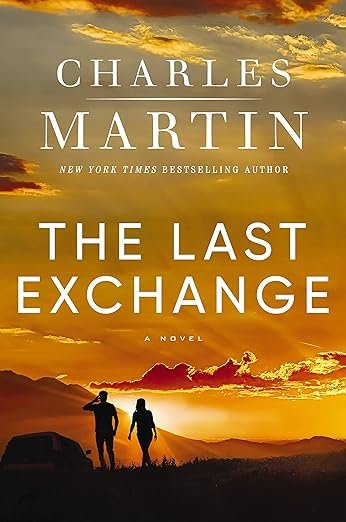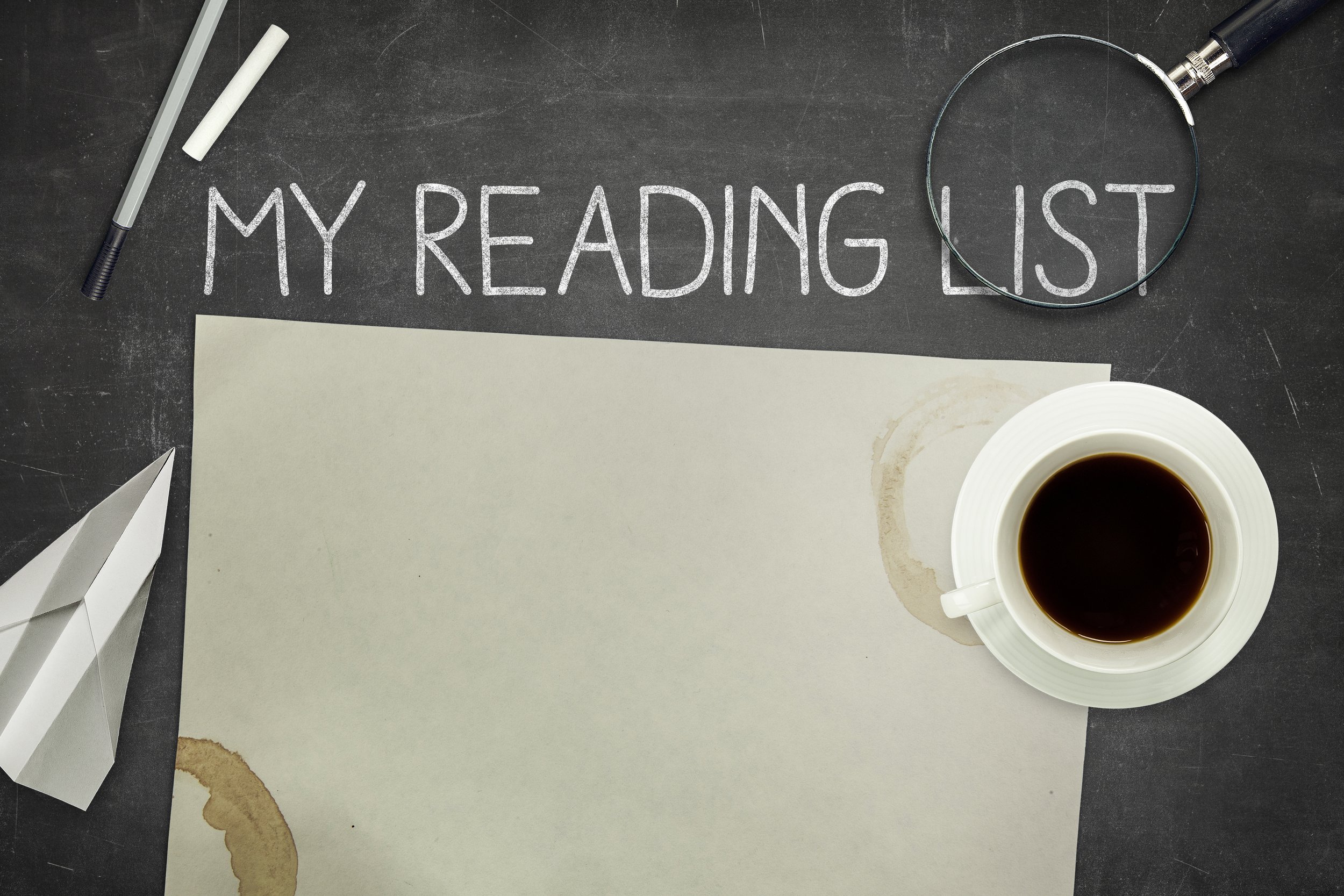My Review of The Last Exchange by Charles Martin
Pauline J. Grabia participates in the Amazon Services LLC Associates Program, an affiliate advertising program, and earns from qualifying purchases from links in this post.
Please subscribe to my email newsletter for updates on my website and blog, and exclusive access to exclusive material in the Subscriber Content page of this website (see menu bar above). New content will be added regularly. You can sign up in the form found in the footer of this page. Thank you!
The Last Exchange by Charles Martin
When I first chose to write a review of Charles Martin’s novel, The Last Exchange, I intended to write a traditional review discussing all the literary and thematic elements of the novel. However, after reading it a few times in preparation, I knew I had to change things. This book moved me and hit tender spots in my soul, and there is no way I could do it justice in a ‘normal’ review. At least, not in my way of thinking. So, instead, I’ll briefly summarize the plot (without giving away the ending) and then share some quotes and symbolism from the story that hit me between the eyes. Some of those darts are still smarting.
The Last Exchange is another masterwork created by my favorite author, Charles Martin. It’s an allegorical tale about a messianic hero named Kelly MacThomas Pockets, a former Royal Guardsman from the highlands of Scotland who takes the job of bodyguard for the famous and talented Hollywood actress Maybe Joe Sue. From the moment he saw “Joe,” Pockets loved her and knew his life would be committed to protecting her from all harm, both from other people and herself. In this way, Pockets is a Christ figure in the story, acting as a protector and redeemer of the hurting and lost Joe. He never crosses the “line,” forcing his love upon her. He doesn’t confess his feelings for her—that would violate the “job,” as he puts it. But his love, affection, and compassion are evident for her as he guards and protects her from her vices and those in her inner circle and the outer world who threaten her.
Pockets’ willingness to lay down his life for her without hesitation is allegorical to Christ's willingness to do the same for us—how He has done it through his life, death on the cross (in our place, for our sins), and resurrection. Joe’s repeated failed attempts to carry a child to term without miscarrying and being neglected by her famous action-hero actor husband, Syd Painter, remind me of the hurts and disappointment all humans face in this fallen, sinful world. Her attempts to self-medicate her pain and depression only lead her deeper into pain and misery. At one point, Joe asks Pockets to help her get clean and stay clean, no matter what, even if, at the time, she fights his efforts. Pockets takes this to heart as a sacred contract between them. He follows through, even after Joe turns her back on him.
I want to give you an idea of the general storyline without giving too much away. It is so masterfully constructed that I want you to experience the novel's details yourself. If the synopsis above is vague, that’s on purpose. Read the book for details. You won’t be sorry you did.
This novel hit me hard and made me ugly-cry in several sections because it poked those open wounds I have that won’t heal and encouraged me to keep hope for a better tomorrow when the last thing I want to do is hope, because as Joe Sue tells Pockets, “‘Sometimes hope hurts the most.’” (p.272). Because it does. Sometimes, hoping for something better when you are in the “valley of the shadow of death” hurts more than the actual valley. There is always the chance your hoped-for outcome won’t come true, and you’ll be stabbed in the heart by disappointment again.
At the novel's end, Martin reiterates the importance of hope and never giving up on it. He promises a happy ending, even if it doesn’t happen now, this moment when we want it to come. In a way, this is symbolic of the wait we as Christians have for our final hope: the return of Christ and an eternity spent with Him in His glorious kingdom, falling down in worship before His throne.
That’s perhaps the hardest lesson for me—the need to hold onto hope and live in anticipation of it being realized. I’m not good with the patience of living in anticipation. I feel completely broken and in need of a happy ending right now.
I’ll cross a line here that I won’t ordinarily do and share a little of my present personal story so you understand my impatience. I have many broken relationships with people, but perhaps the most painful is the broken relationship with my husband. It has been damaged for over fifteen years, and I fear the hurt is irreparable. I pray for God to work a miracle, but I fear to hope for one, and consequently, I don’t know if this relationship can be saved. Time will tell.
Joe Sue’s pain caused by a neglectful husband hits me between the eyes. Her efforts to save and restore her marriage to Syd Painter remind me of my own efforts, under my own power, to do the same in my marriage. The fact that her marriage doesn’t survive is a reminder to me that you can’t expect miracles when one of you is leaning on Christ and the other partner finds excuses and reasons not to. I want to hope for the restoration of my marriage, just as Joe Sue did in the story. But I don’t have the hope I need. And this story salted an open wound where that is concerned.
I have many traumas from my life that have left both scars and wounds that haven’t healed and still fester. I yearn for a Pockets-like figure to rescue me from my life, but I have no hope that a human Pockets will arrive. I often doubt that God, whom Pockets symbolizes, will rescue me.
It’s very hard to live without hope.
Some quotes from the novel that stuck with me are the following:
“Sometimes there’s beauty in the mess.” (p. 30).
I have yet to find beauty in the mess of my life. I have a spark of hope that I’ll find it someday, but right now, I doubt it.
Joe is described as dying a “death by a thousand cuts.” (p. 111).
Every day, I wake up praying that God will change my circumstances, help save my relationships, and help me find some kind of success (since most of my life has been a series of failures—failure as a wife, mother, sister, writer, and so on). I relate. I feel like every day, there’s a new cut in my soul that bleeds out slowly—death by ten thousand cuts.
“‘Rejection is a painful thing… Truth is, it’s the most painful.’” (p. 217).
I’ve been rejected my entire life. Rejected by my mom, my brother, my sister, my peers, someone who claimed to be my best friend, my husband, and, most recently, a mental health therapist I’d put all my trust in. That last one has me currently reeling. The Bible says that God will never leave or forsake me. I’m clinging to that promise while simultaneously afraid that He will abandon me, too. Again, it’s an issue of trust, faith, and hope. I’m running low on those.
“‘Lucy used to tell me that the grape keeps the score. Smoke, drought, heat, all of that is held inside the skin. Only way to get it out is to crush it. And if the grape could talk, it would probably tell you it doesn’t like being crushed, but without the crushing, there’s no wine.’” (p. 233).
The grapes here represent us as humans. We also hold the score of all our hurts, rejections, and traumatization under our skin. And I take the symbolism of the crushing to represent the way God sometimes crushes us to, ultimately, free us of those ‘scores’ and make out of it all something beautiful in our lives. If that’s true, I’m still waiting for the beautiful wine. I’m unsure I can take much more of God’s crushing me to do that. I wish He would finish up.
The following passage causes me the most problems. I’m not sure I understand it. Perhaps someone can explain it to me in the comments.
“‘No matter what you do—ignore it, shove it in a closet, drown it with drink and pill, or stab it with science, experts, and talking heads—you can’t kill hope. Not in all of human history has hope ever been laid to rest. When we breathe in, it’s the stuff that expands our lungs. It’s the reason we’re not just dust.’
She tried to laugh. ‘I thought love did all that.’
He sucked through his teeth. ‘It’s tough to tell those two apart, mum. But if you press me, love is what makes us who we are. Hope is how we express us. Hope is love with legs.’” (p. 261).
If hope is what we inhale daily, why am I so bereft? I’m not convinced, as the author writes, that hope is so available and prevalent. In my experience, it’s been a scarce resource, and I struggle daily to find a small piece to keep me surviving to the next. And I don’t understand what it means to say, "Hope is love with legs.”
For many reasons, I loved The Last Exchange. I loved the writing style, the beautiful, flowing prose, and the captivating love story. It’s challenged me to think about my hurts and how God may use them to crush me to make the best wine out of my life. But at 53, I’m tired of being crushed. It would be nice to see a little wine production by now.
I strongly encourage you to read this book. Once you start, you won’t be able to put it down. Perhaps its redemptive story and promise of hope no matter your circumstances will encourage you. I hope it does. Maybe you can share how this book has improved your outlook on your life’s circumstances, which will encourage me in mine.
Thank you so much for reading this post and visiting my blog. Please sign up for my newsletter for a monthly update about the website and blog and exclusive access to the material on my Subscriber Content page at www.paulinejgrabia.com. I am honored that you have taken time out of your day to read what I have to offer, and I will endeavor to continue to post blogs that are worthy of your continued attention. May God bless you richly.
Pauline J. Grabia





Fall is quickly approaching, and with cooler weather comes the idea of cuddling with a blanket, sipping a Pumpkin Spice Latte or tea, and enjoying a good book....